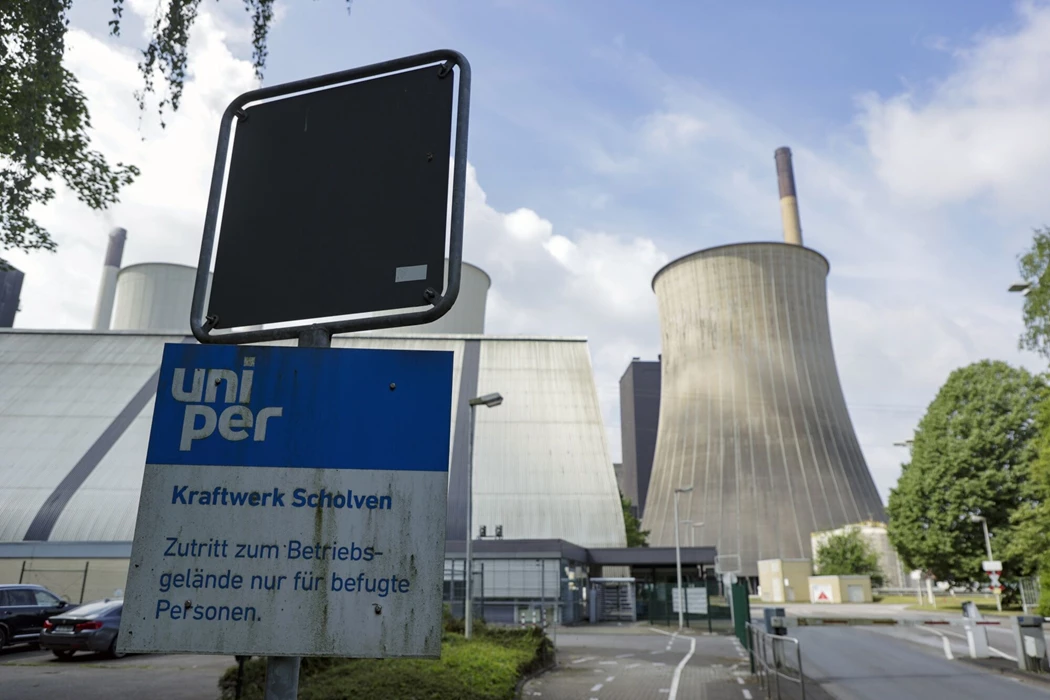Germany to Keep Some Coal Units in Service Longer Than Expected
(Bloomberg) -- Two of Germany’s largest energy providers will keep some coal plants in service longer than previously expected, following a regulator’s decision to prohibit the closure of the facilities before March 2031.
Uniper SE and EnBW Energie Baden-Württemberg AG had both sought to phase out units earlier than that date. Now, the plants may have to remain on standby at least.
The energy regulator, known as BNetzA, determined that “systematically relevant” coal plants need to be available as back-up power sources in the event of an emergency, newspaper Die Welt first reported Thursday. The agency later confirmed the move. Germany, Europe’s largest economy, has relied more heavily on coal after Russia cut natural gas supplies and after shutting its last nuclear plants this year.
BNetzA’s decision affects two units at Uniper’s Scholven plant in Gelsenkirchen, according to a company spokesman. The firm, which was nationalized at the height of last year’s energy crisis, wants to phase out coal in 2029, and reach 80% carbon-free power production by 2030.

Uniper aims to stick to this timetable. “We will evaluate the conflicting goals of phasing out hard coal and the system relevance of the plants,” the company said by email.
The regulator also instructed EnBW — which seeks to phase out coal as early as 2028 – to keep one unit available at its Altbach/Deizisau plant in southwest Germany until March 2031. The decision won’t affect the company’s phase-out plans, it said.
The German government previously announced it aims to phase out coal by 2030, eight years earlier than the official target date. The regulator’s decision shouldn’t affect this goal, as the plants ordered to stay in service will be put in reserve and “will not actively participate in the market and generate electricity,” a ministry spokesperson said.
Whether they will continue to produce emissions hinges on Germany’s plan to build as much as 24 gigawatts of new gas-fired power plants that can later be converted to hydrogen. The units are needed to keep the system stable and help with phase out coal. Economy Minister Robert Habeck sought to hold the first tender for the gas plants this year, though plans have been delayed due to the country’s budget crisis.
©2023 Bloomberg L.P.





